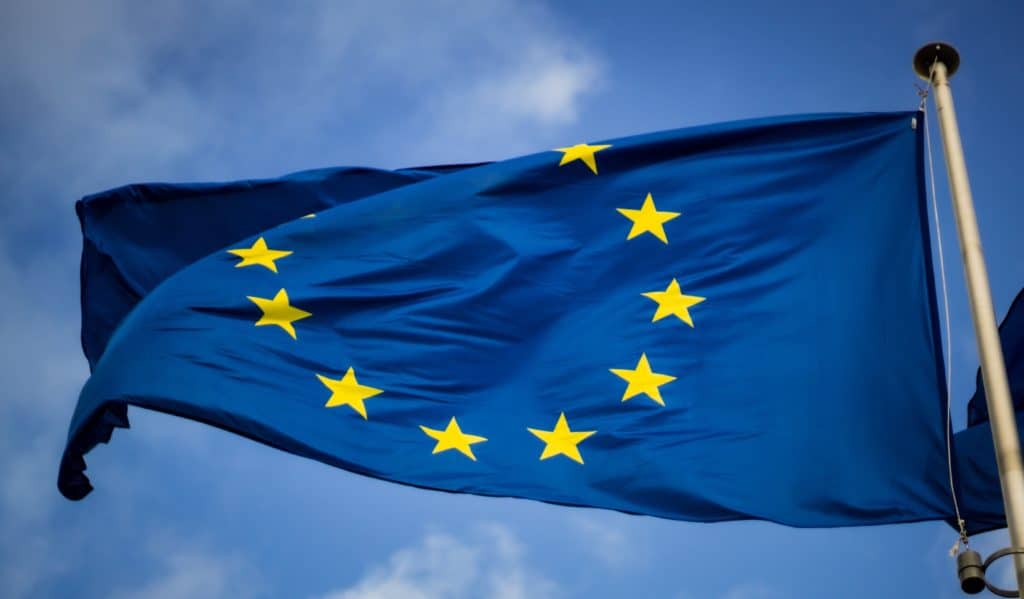Why is EU hosted document management so important for european biotech and pharma companies?

As a European biotech or pharma company, storing your quality management documents within the EU can have a significant impact on your business. Not only does it ensure compliance with EU regulations, but it also protects your intellectual property, streamlines the process for EU authorities to access your data, and builds trust with your stakeholders. One of the most important reasons to store your quality management documents in the EU is to comply with EU regulations. The EU has strict laws regarding the storage and management of sensitive data, including quality management documents. For example, the General Data Protection Regulation (GDPR) is a regulation that requires companies to take steps to protect the personal data of EU citizens. Failure to comply with the GDPR can result in hefty fines and damage to your company’s reputation.
Similarly, the EU’s Clinical Trials Regulation (CTR) outlines the requirements for conducting clinical trials in the EU. Storing your quality management documents in the EU will ensure that you comply with these regulations, making it easier for you to obtain the necessary approvals to conduct clinical trials and market your products in the EU.
Another critical benefit of storing your quality management documents within the EU is the protection of your intellectual property. As a biotech or pharma company, your intellectual property is your most important asset. Protecting your intellectual property is crucial to maintaining a competitive edge in the market. Storing your quality management documents within the EU provides a secure location for sensitive information, reducing the risk of unauthorised access and theft.
In addition, storing your quality management documents within the EU makes it easier for EU authorities to access them if necessary. For example, during inspections or audits, EU authorities may need to access your quality management documents to ensure that you are complying with all applicable regulations. Storing your documents within the EU streamlines this process and allows EU authorities to access your data quickly and efficiently.
Finally, storing your quality management documents within the EU can increase the confidence of your customers, investors and stakeholders. By storing your documents within the EU, you demonstrate your commitment to EU compliance and the protection of sensitive data. This can help build trust with your stakeholders and give them confidence that their data is being handled in a secure and compliant manner. In summary, storing your quality management documents within the EU can bring many benefits to European biotech and pharma companies. Compliance with EU regulations is critical and storing your documents within the EU ensures that you meet these requirements. In addition, storing your documents within the EU provides protection for your intellectual property, streamlines the process for EU authorities to access your data, and builds trust with your stakeholders. If you are a European biotech or pharmaceutical company, we strongly recommend that you consider storing your quality management documents within the EU to maximise these benefits.
Test all the advantages of a digital document management system specially developed for the pharmaceutical and biotech industry now without obligation. You can get started in just five minutes, convince yourself.
Quality management in the pharmaceutical and biotech industry: Current challenges in the cooperation between pharmaceutical companies and CROs, CMOs and CDMOs
"The increasing decentralization of the supply chain in the pharmaceutical industry poses major challenges for companies. In a regulated environment, regulatory requirements must be implemented in a compliant manner while adhering to "Good Documentation Practice" with business partners in a global environment. The global networking and faster availability of information in large numbers are pushing our existing document management systems to their limits in terms of timely processing in compliance with GMP requirements. Therefore, we need to rethink our current way of working to enable effective and efficient document management with new IT solutions."
